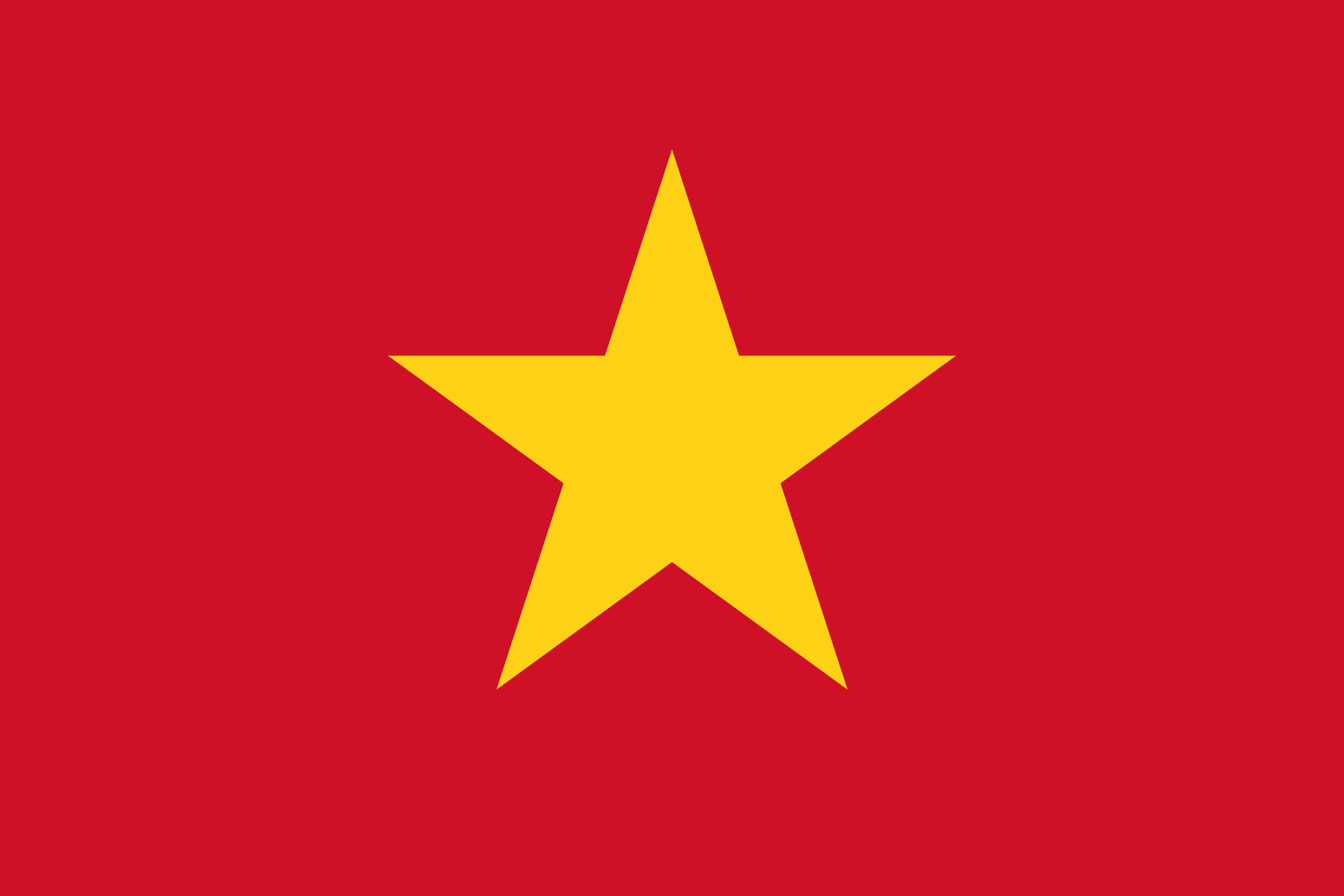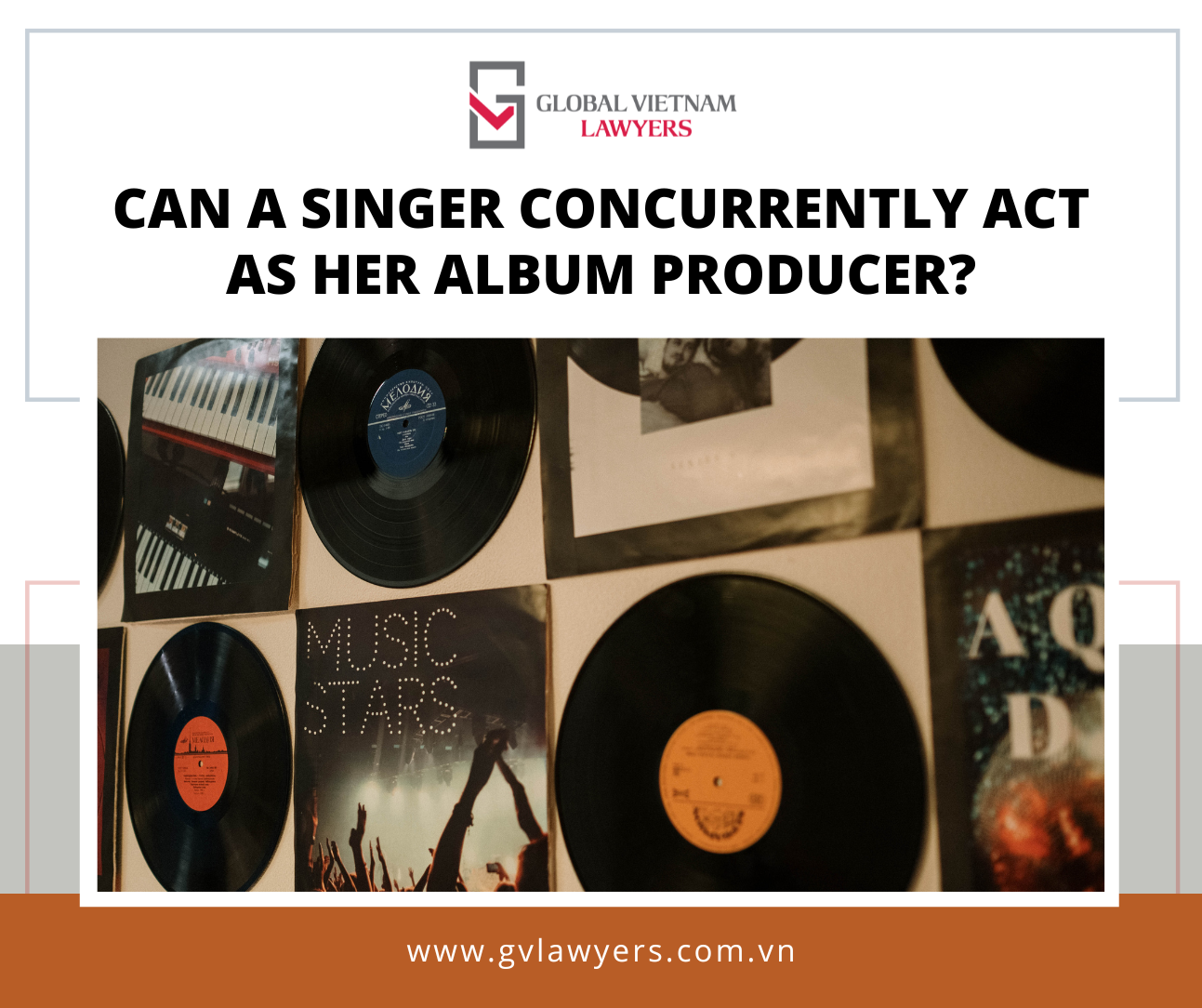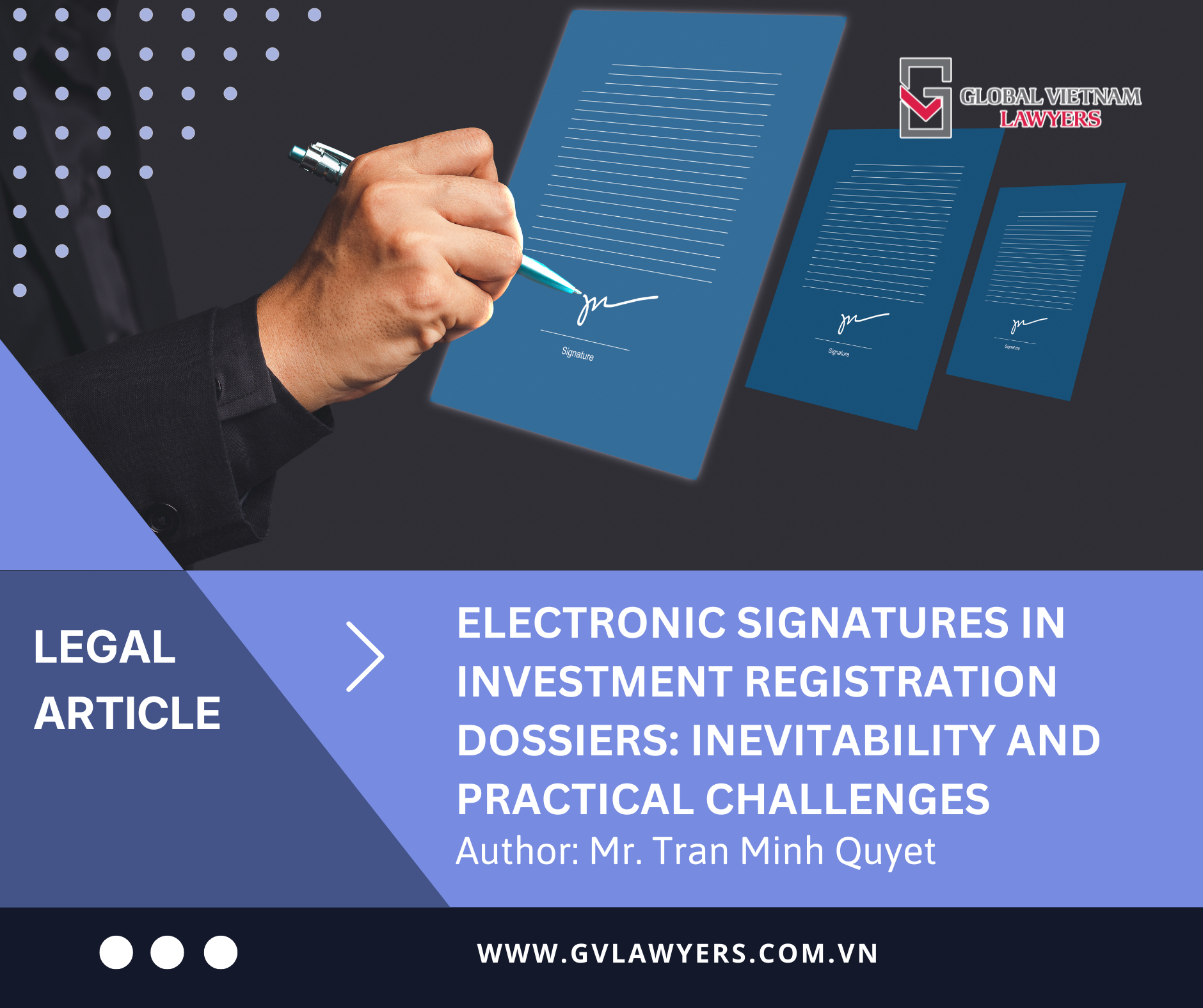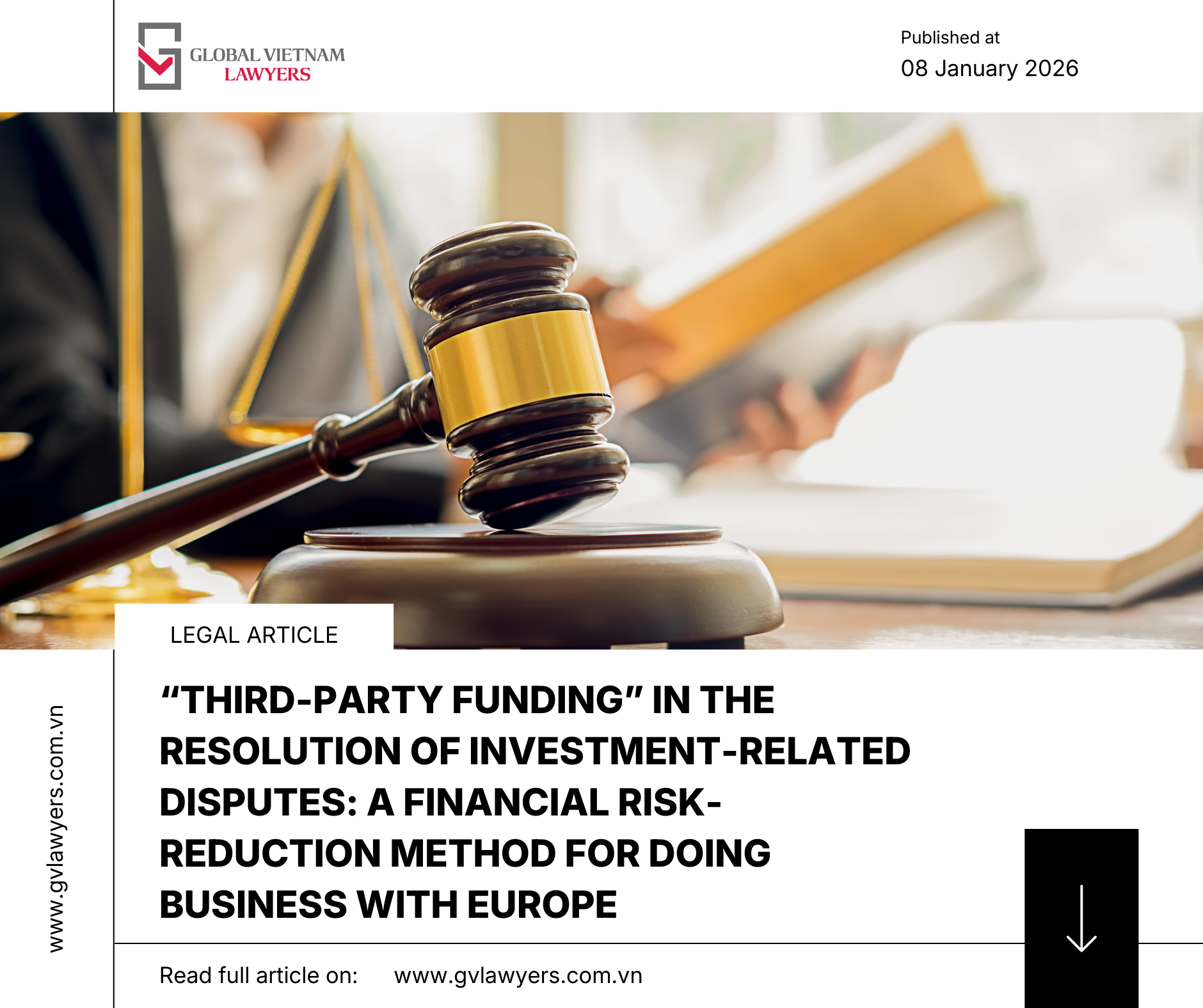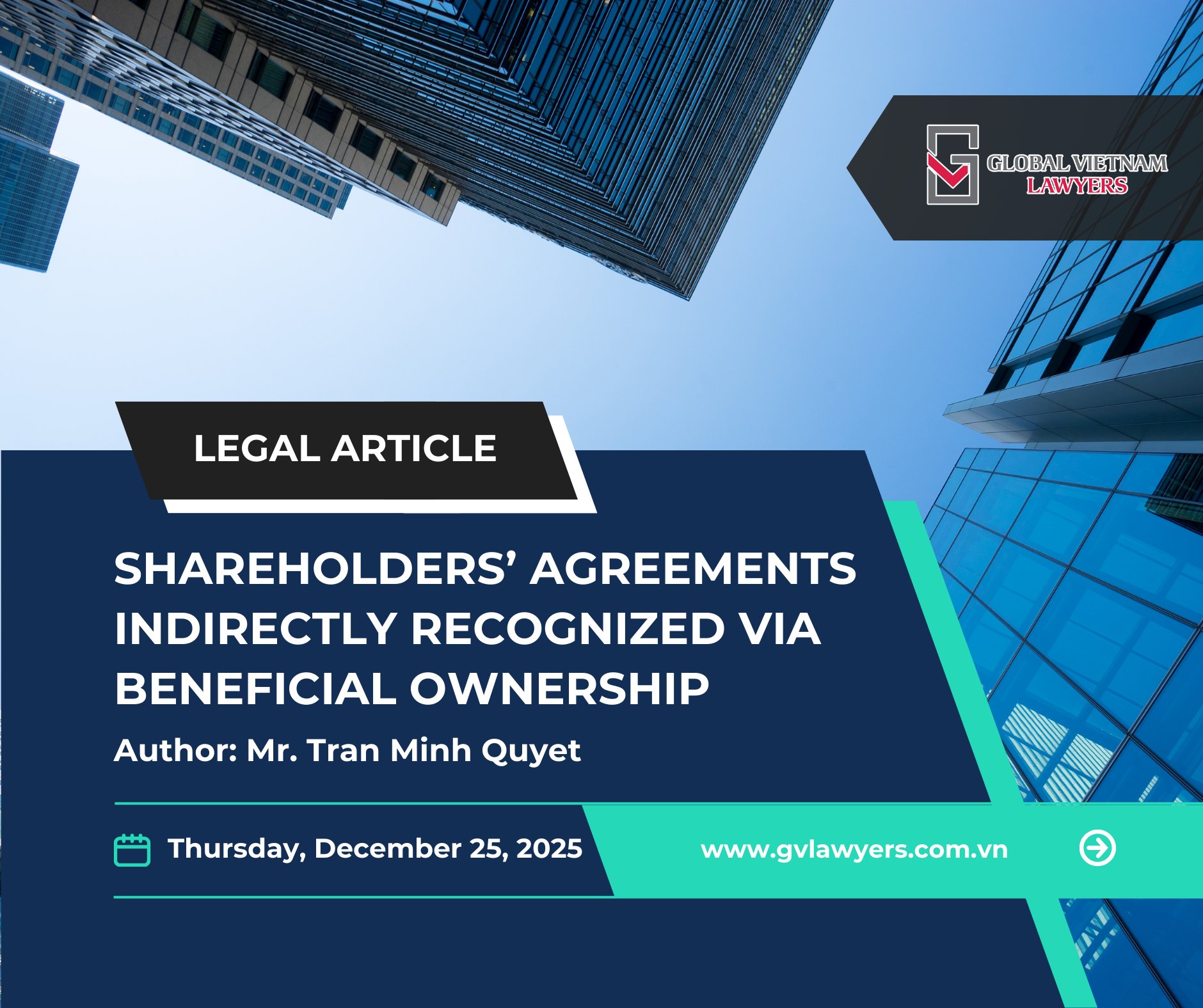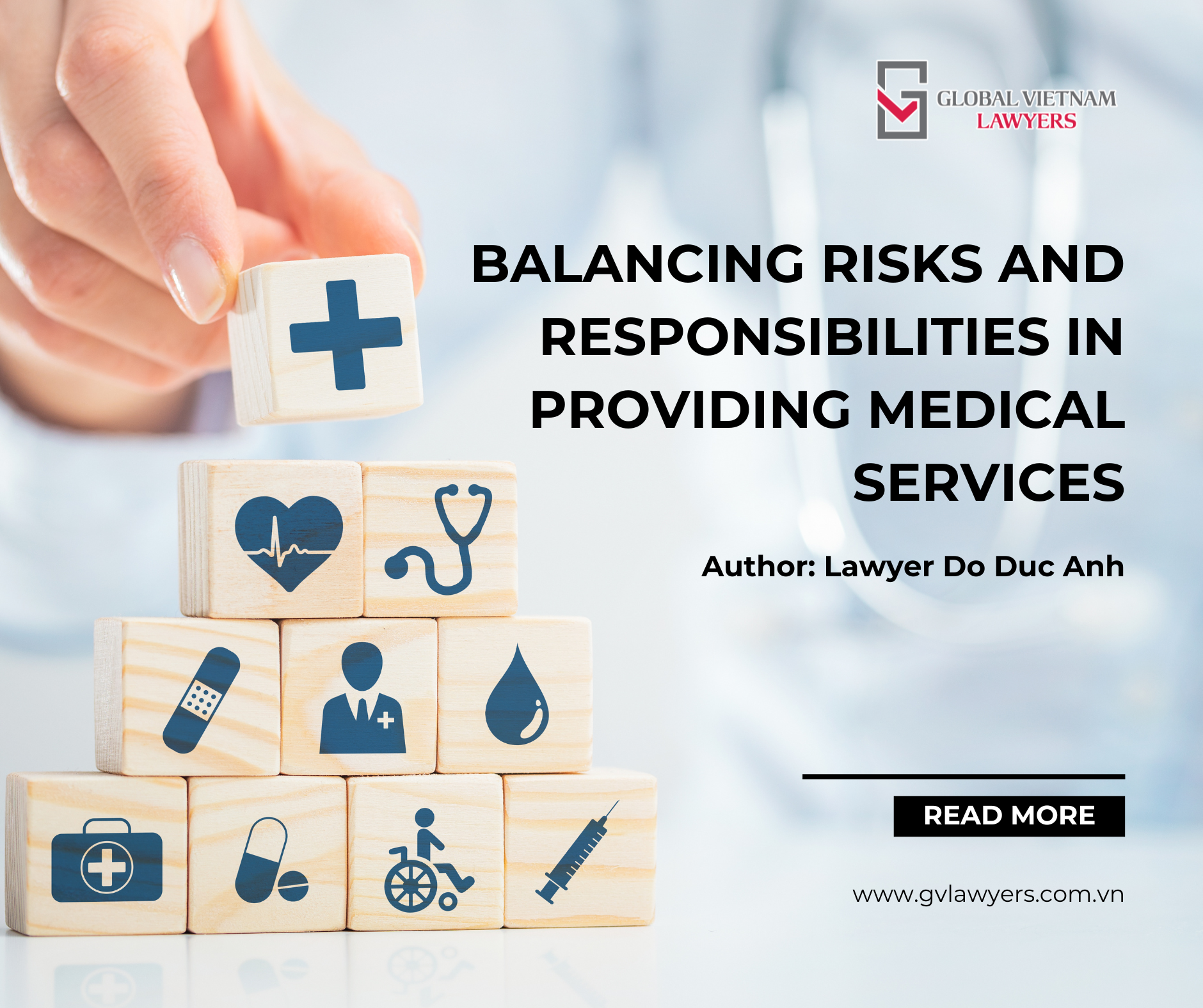An article by Lawyer Le Quang Vy and Ms. Nguyen Thi Hang titled “Can a singer concurrently act as her album producer?” published on The Saigon Times on August 03, 2017.
***
In the entertainment industry, music works come to the general public in form of not only live performances but also audio-visual recording albums. The creation of a music album goes a long way from singing to performing to vocal harmony to instrumentation to studio selection to promotion and release of the album. This process is often carried out by the producers of audio-visual recordings. However, at the moment, multiple singers also play the role of their producers in order to be more proactive in putting their products in the public domain.
It is usually thought that this is a normal operation, but several legal issues arise when functional authorities refuse to grant content-approving licenses to the singers cum producers of their albums.
LAW AND DECREE IN CONFLICT
Pursuant to the Rome Convention for the protection of performers, producers of phonograms and broadcasting organizations (which became effective in Vietnam as of March 1, 2017), a phonogram producer is the individual or legal entity who first fixes the sounds of a performance or other sounds.[1] Similarly, Article 16.3 of the 2005 Law on intellectual property as amended and supplemented in 2009 (LIP), prescribes that producers of audio-visual recordings include individuals or organizations who first fix the sounds and images of a performance or other sounds, images. Thus, if a performer is the person who first fixes the sounds and images of his/her own performance, he/she will become the producer of audio-visual recordings. At that point they automatically can put their names in the capacity of producers in the licenses granted by competent authorities.
Given the LIP, if the performer invests in the performance, he/she will become the owner of the performance. Accordingly, he/she has all moral rights and property rights, including the exclusive right to allow or disallow others to record sounds and images; allow or disallow broadcasting stations to broadcast that performance. Performers will also become the owners of the audio-visual recordings if they invest time, money and techno-material facilities in producing audio-visual recordings, unless otherwise agreed with relevant parties.
However, the provisions of the LIP and the decree “contradict” each other. Specifically, Decree 79/2012/NĐ-CP regulating art performance, fashion demonstration, beauty and model contest, publication and trade of audio-visual recordings of music and dramatic works, as amended and supplemented by Decree 15/2016/NĐ-CP, prescribes that the Department of Performing Arts receives application files and grants licenses approving the contents of audio-visual recordings of music and dramatic works produced or imported by organizations under central authority; the Department of Culture, Sports and Tourism receives application files and grants licenses approving the contents of audio-visual recordings of music and dramatic works produced or imported by local organizations.[2] As such, this provision only recognizes the registration for applying for a license for audio-visual recordings produced by organizations while ignoring individual applicants. Accordingly, law enforcement agencies only grant licenses to organizations and refuse to do the same for individuals as singers who invest finance in producing their albums.
UNDER COVER OF A LEGAL ENTITY FOR SEEKING A LICENSE
For the time being, multiple singers have made financial investments by producing audio-visual recordings for their own performances. However, because of the refusal of license grant by the competent authority, a singer must retain an entity who has the function of producing the audio-visual recordings to apply for a circulation license. Obviously, the producer and owner of the audio-visual recordings is the singer himself, but the person named in the license is another organization. This shortcoming leads to an implication that the performer is deprived of his/her moral rights to be named on the album as a producer, at the same time infringed upon property rights when the users of such commercial audio-visual discs only pay remuneration to the organization named in the license for the related rights of the audio-visual recordings producer.
As regulated, organizations and individuals using direct or indirect audio-visual recordings that have been published for commercial purposes do not have to apply for a license but instead pay royalties and remuneration to authors and copyright owners, performers, producers of audio-visual recordings and broadcasting organizations from the date of use[3]. Pursuant to this provision, the singer cum producer of the album will be entitled to two remuneration payments for the related rights as a performer and a producer of audio-visual recordings. However, with the type of license provided for in Decree 79 and Decree 15, the individual singer will not be recognized as a recording producer. Thus although the singer is a financial investor for the production of recordings, actual users only pay the producer whose name is on the album cover without paying such singer, resulting in the fact that such singer loses any royalties should have been enjoyed by him/her. This situation prevails in the same case of using audio-visual recordings in restaurants, hotels, supermarkets or other business or commercial units. In order to protect their rights, singers now sign a contract with a record producer, and often reach a clear agreement that the record producer is only a publisher and that they are entitled to only release remuneration while the related rights of the producer of audio-visual recordings still belong to them.
Decree 79 and Decree 15 on granting the license approving the contents of a audio-visual recording have inadvertently facilitated services for singers by producers of audio-visual recordings – their application for the said license on behalf of singers, which is performed and recognized by regulatory agencies. Meanwhile, the services of applying for something on behalf of other person have yet to be regulated by civil law. For any transactions in the name of an entity on behalf of other person for purposes of real estate, corporate establishment etc, shoud any dispute arise between parties, multiple courts declare the transaction invalid and relevant units only “nab” the person named on the Certificate or the one whose information are registered with the state.
YOU MUST ESTABLISH YOUR OWN COMPANY IN CASE OF PRODUCE MUSIC RECORDINGS
In addition to retaining a functional legal entity to apply for a license, some other singers set up their own companies to produce their albums. Vietnamese Song Entertainment Limited Company by Singer Dam Vinh Hung, My Tam Entertainment Services Company by My Tam Singer are known as quite familiar names in the entertainment industry. These companies act as producers named in the license to circulate products of Singer Dam Vinh Hung and Singer My Tam. However, not all singers have the conditions to set up a producing company. And, the fact that you want to make your own music album and that you have to set up a company are two completely different needs. It is impossible for a yearn for artistic creation to go along with a corporate establishment.
NECESSARY CONSISTENCY IN LAWS
With the said analyses in mind, the clear inconsistency between the Law on Intellectual Property and Decree 79, Decree 15 not only runs counter to the principle of legalizing but also triggers a barrier to the art creation activities by performers. Because of this, the said Decree should be amended and supplemented in case where performers play the role of producers of audio-visual recordings. With the increasingly rich and diversified development of the entertainment industry in today’s world, especially in such Asian countries as Japan, South Korea etc, the Vietnamese laws in the area of performing arts needs an extensive and in-depth integration to play out the artistic creativity.
[1] Article 3 b of the Rome Convention
[2] Article 24 of Decree 24 the competence and procedures for granting and withdrawing licenses approving of the contents of audio-visual recordings of music and dramatic works.
[3] Article 33 of the Law on Intellectual Property defines the cases of using related rights without having to apply for a license but instead paying royalties and remuneration


